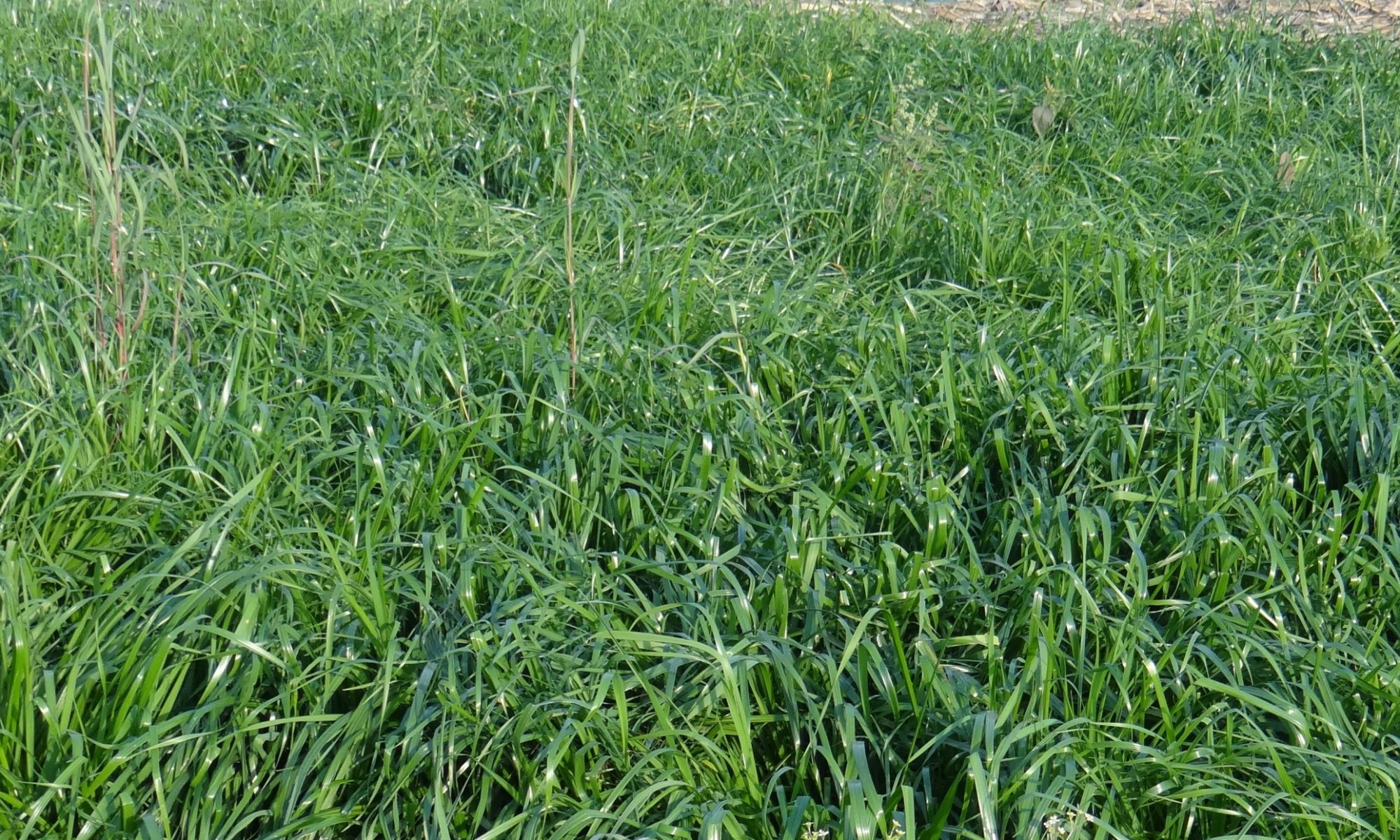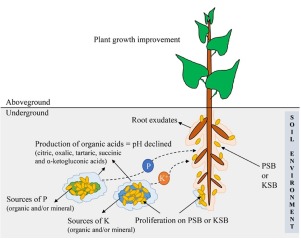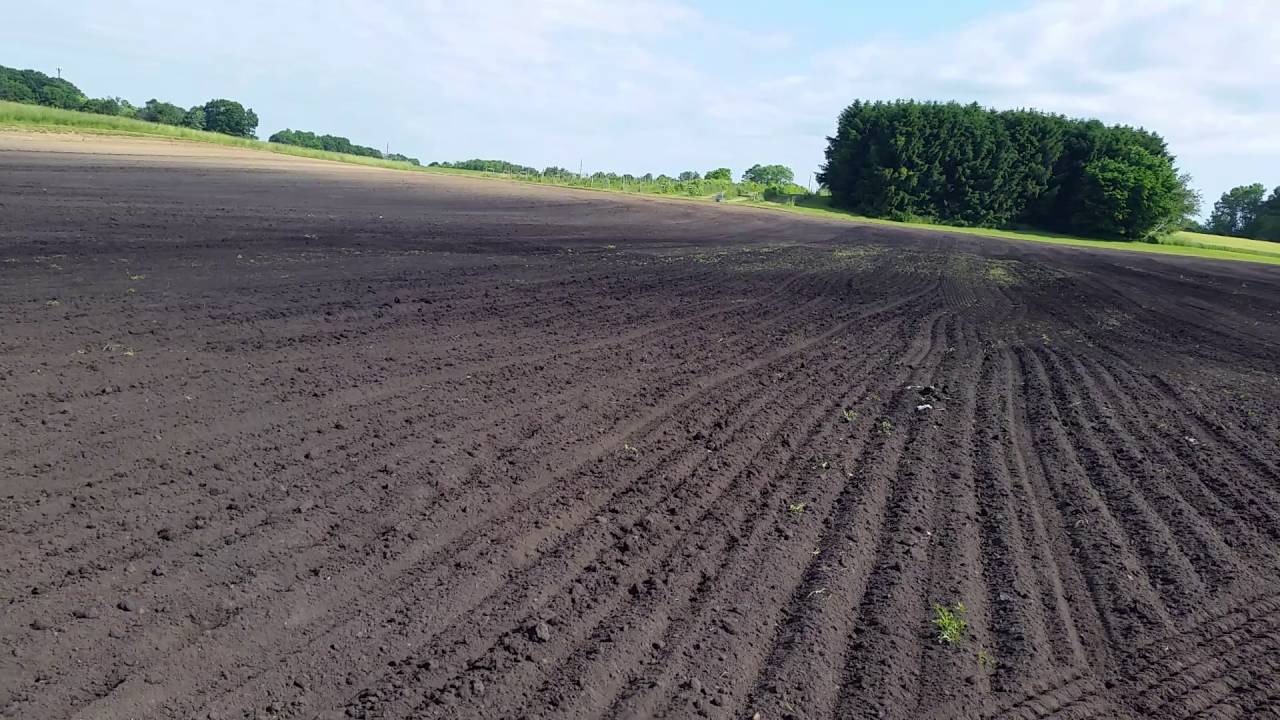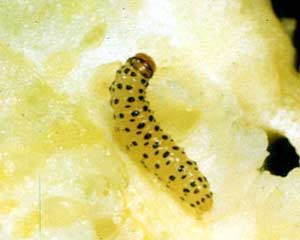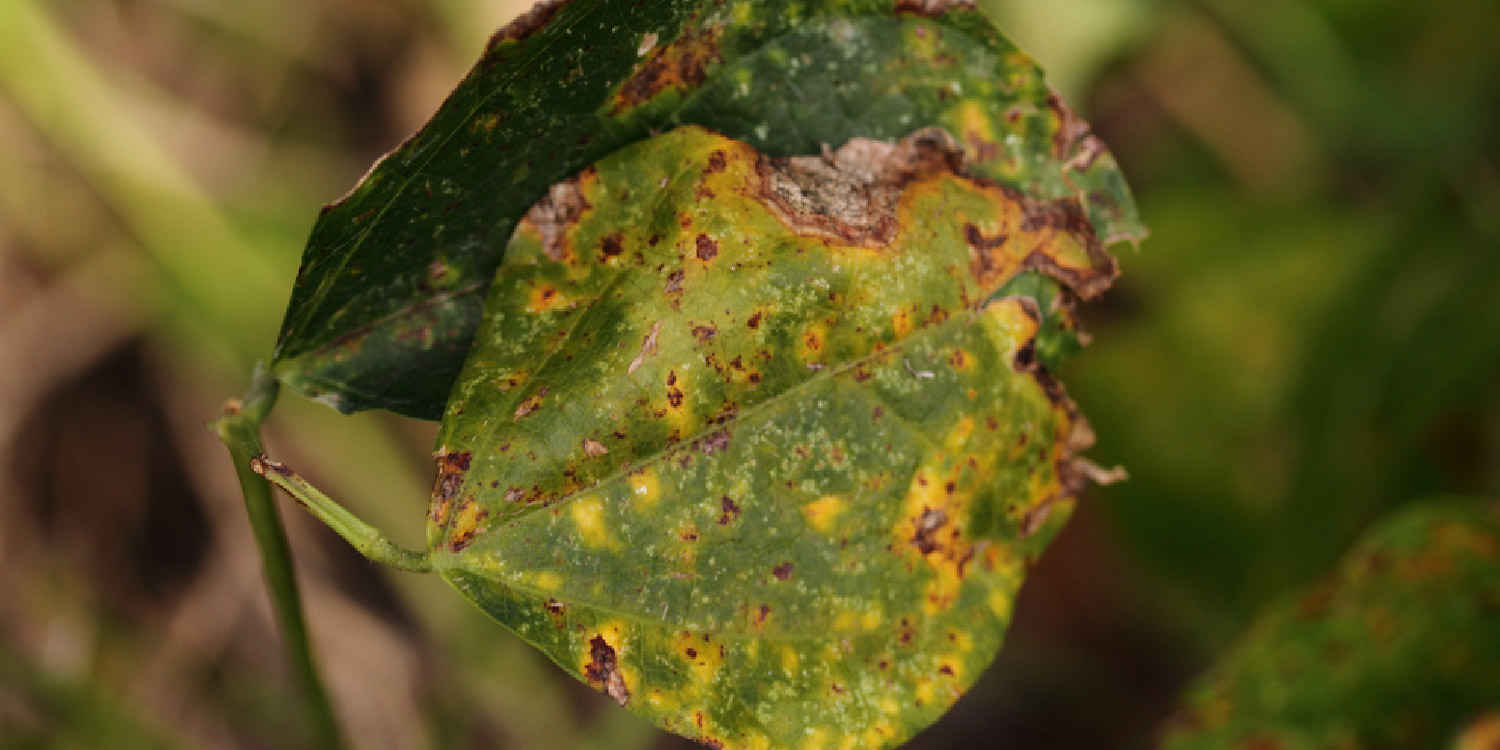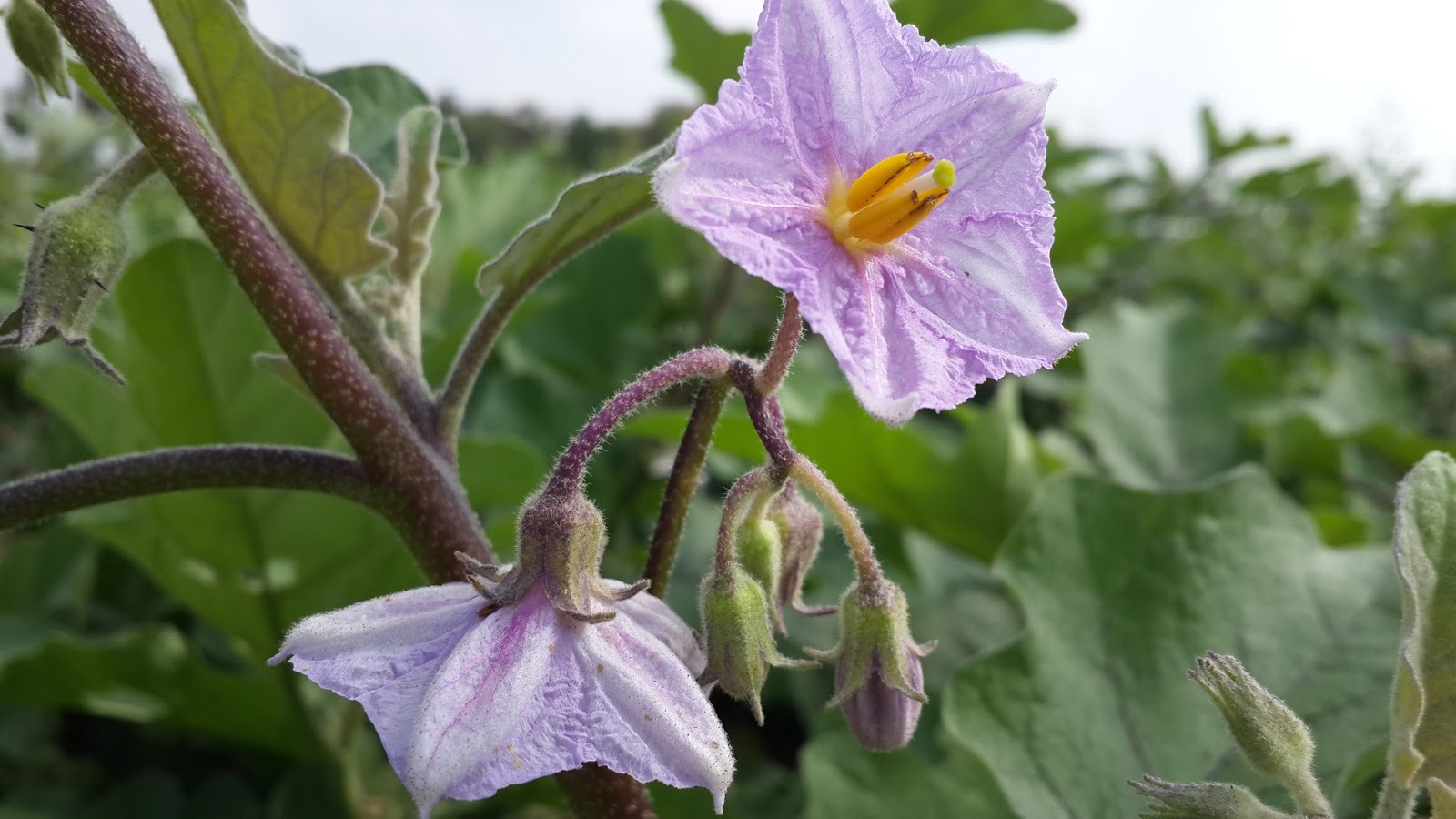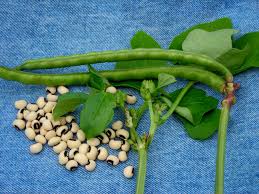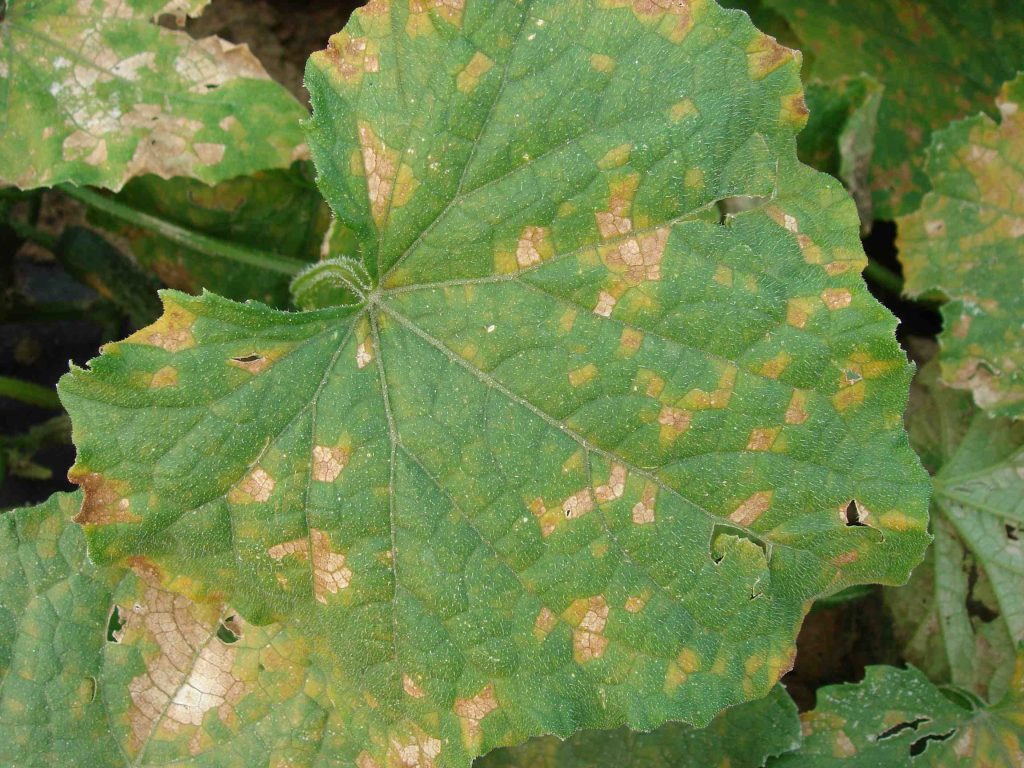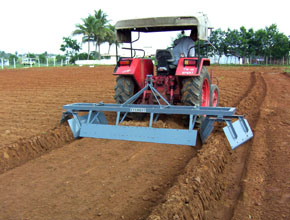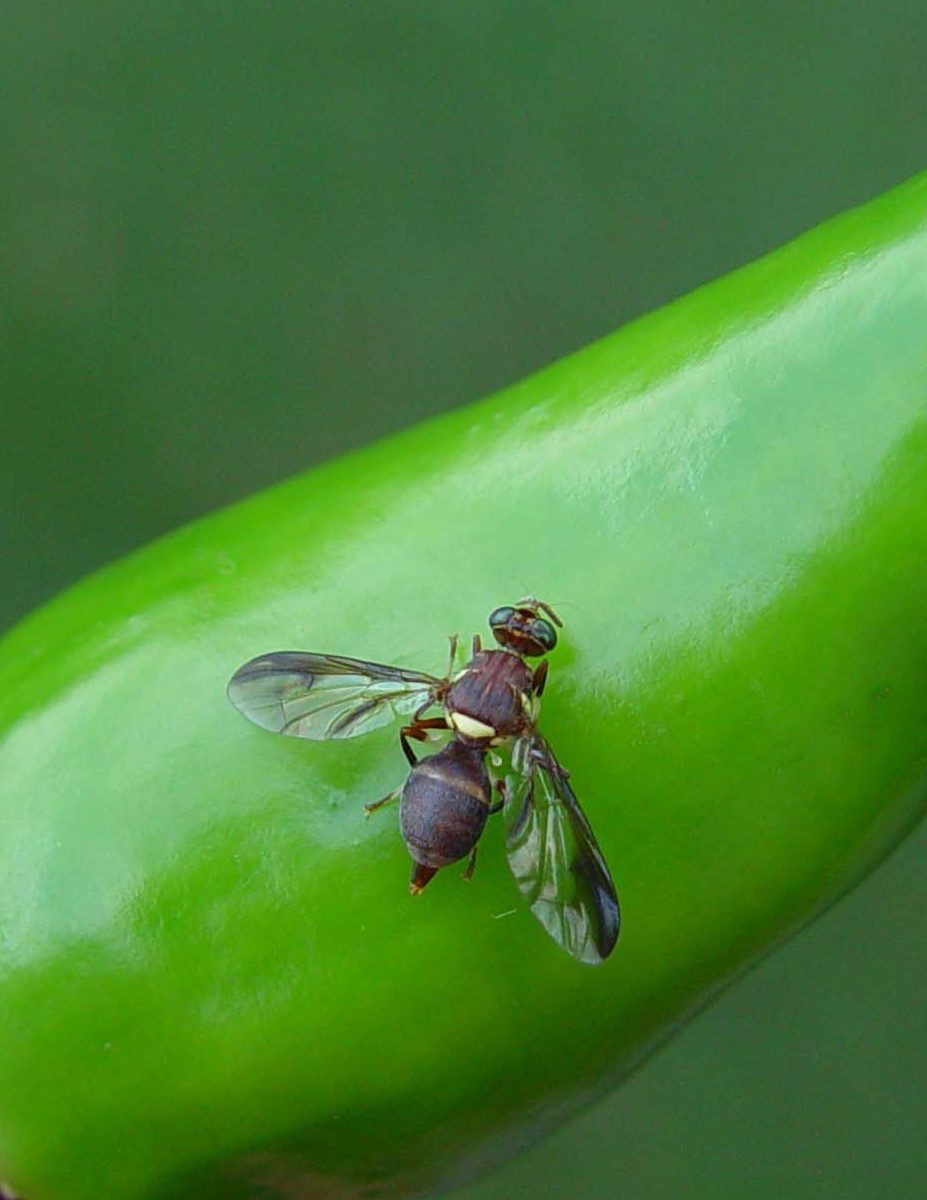- The maggots burrow into the fruits and suck the sap.
- Infested fruits decay and drop.
- The fly mainly prefers tender fruits for egg laying.
- Ovipositional punctures caused by adults also cause injury on fruits and fruit juices oozes out.
- Collect and destroy infested fruits.
- Cover developing fruits with paper or polythene cover immediately after anthesis pollination.
- Maize plants grown in rows at a distance of 8-10 cm in snake gourd field is effective as flies rest on such tall plants.
- Soil incorporation of carbaryl 10% dust can be made in fruit fly endemic areas.
- Spraying of Dichlorovas @3 ml/lit of water at fortnightly intervals.
- Deep ploughing to expose hibernating stages.
Like and share with other farmers by clicking on button below.
Share

